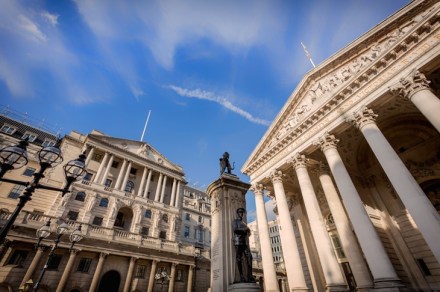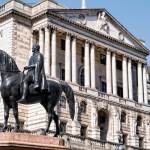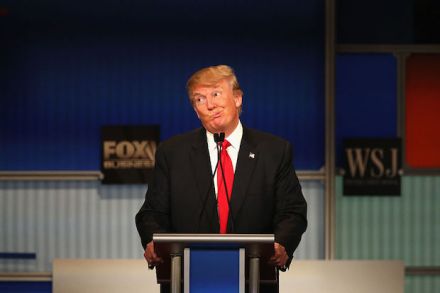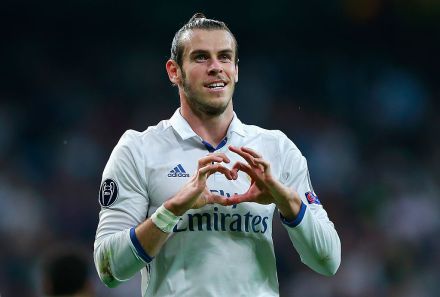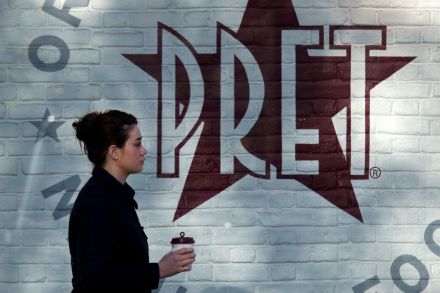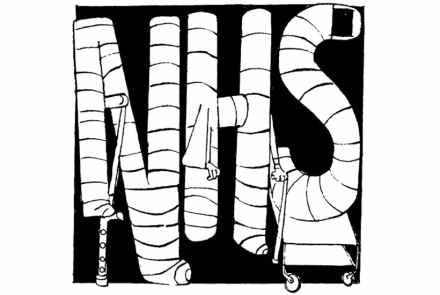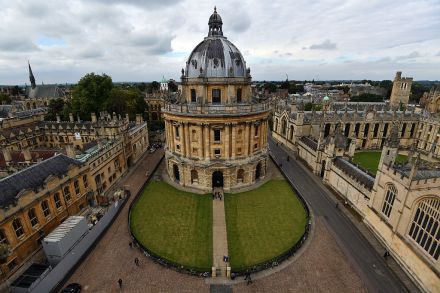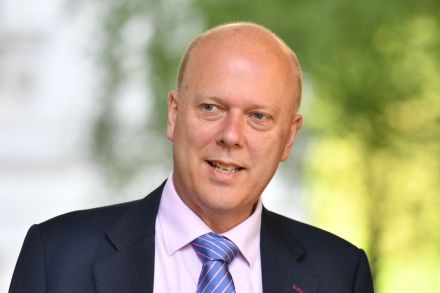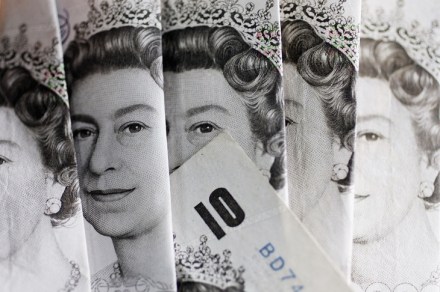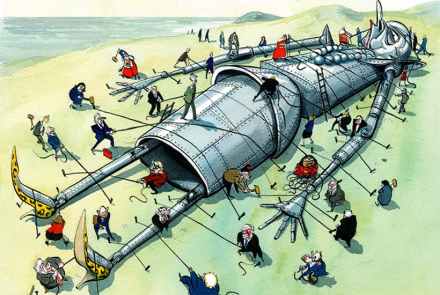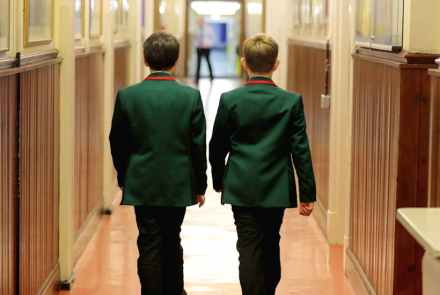Why are NHS funding critics silent on Quantitative Easing?
After the prime minister’s announcement that the NHS would be given a large boost in funding only partly paid for by taxes, some backbenchers called for fiscal responsibility. For them it is paramount that a government should live within its means and avoid increasing the budget deficit. And yet they have nothing to say about monetary policy. Quantitative Easing (QE), the creation of money out of thin air by the Bank of England, with the intention of boosting demand has been carried out in a manner highly beneficial to owners of existing assets. The Bank’s website explains how it works. It buys bonds from the private sector with money that




